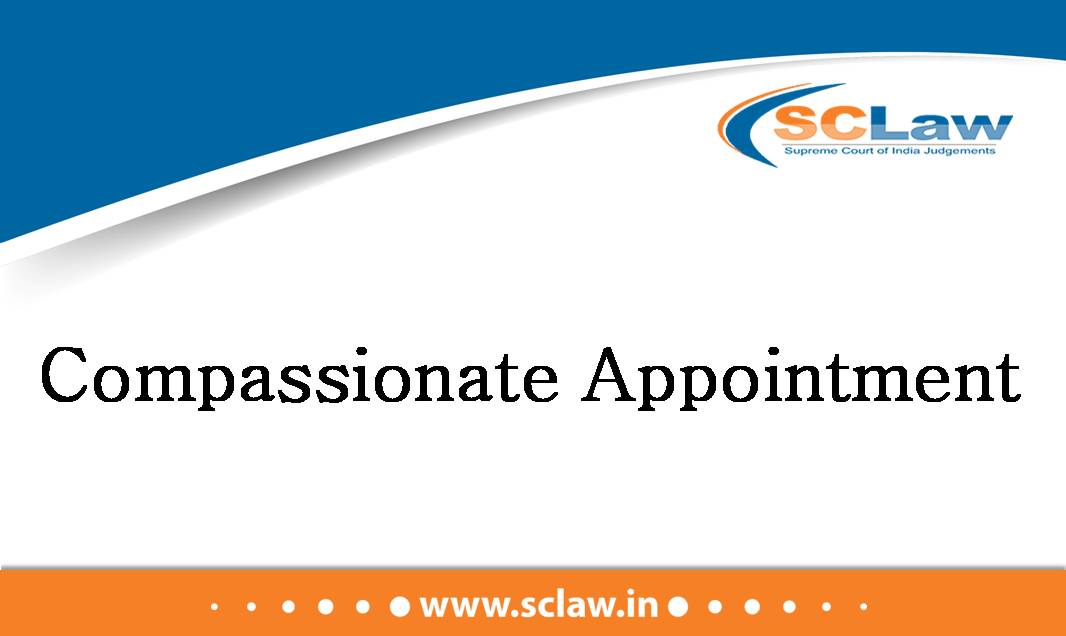Chhattisgarh Land Revenue Code, 1959 – Section 257 – Jurisdiction of civil court – Bar of jurisdiction – Question whether the purchase by a tribal was a sham and nominal transaction for the benefit of a non-tribal, may not fall exclusively within the jurisdiction of the Revenue Authorities.
SUPREME COURT OF INDIA DIVISION BENCH KHORA (DEAD) THROUGH LEGAL HEIRS AND OTHERS — Appellant Vs. MOHAR SAI AND OTHERS — Respondent ( Before : V. Ramasubramanian and Pankaj Mithal,…
Power of Attorney – General power of attorney holder cannot delegate his powers to another person but the same can be delegated when there is a specific clause permitting sub-delegation.
SUPREME COURT OF INDIA DIVISION BENCH MITA INDIA PRIVATE LIMITED — Appellant Vs. MAHENDRA JAIN — Respondent ( Before : V. Ramasubramanian and Pankaj Mithal, JJ. ) Criminal Appeal No.…
A DNA test of a minor child is not to be ordered routinely, in matrimonial disputes – Proof by way of DNA profiling is to be directed in matrimonial disputes involving allegations of infidelity, only in matters where there is no other mode of proving such assertions.
SUPREME COURT OF INDIA DIVISION BENCH APARNA AJINKYA FIRODIA — Appellant Vs. AJINKYA ARUN FIRODIA — Respondent ( Before : B.V. Nagarathna and V. Ramasubramanian, JJ. ) Civil Appeal No.…
Compassionate appointment – Appeal is accordingly disposed of with a request to the High Court to dispose of the writ appeal on its own merits as expeditiously as possible.
SUPREME COURT OF INDIA DIVISION BENCH SOUTH EASTERN COALFIELD LIMITED AND OTHERS — Appellant Vs. AVINASH SOLOMAN — Respondent ( Before : Ajay Rastogi and Bela M. Trivedi, JJ. )…
Last seen theory – may be a weak kind of evidence by itself to base conviction – But if If the accused offers no explanation or furnishes a wrong explanation, absconds, motive is established and some other corroborative evidence in the form of recovery of weapon etc. forming a chain of circumstances is established, the conviction could be based on such evidence
SUPREME COURT OF INDIA DIVISION BENCH RAM GOPAL S/O MANSHARAM — Appellant Vs. STATE OF MADHYA PRADESH — Respondent ( Before : Ajay Rastogi and Bela M. Trivedi, JJ. )…
Land acquisition – in case possession has been taken, compensation has not been paid then there is no lapse – Similarly, if compensation has been paid, possession has not been taken then there is no lapse
SUPREME COURT OF INDIA FULL BENCH GOVERNMENT OF NCT OF DELHI AND OTHERS — Appellant Vs. KRISHAN KUMAR AND OTHERS — Respondent ( Before : M.R. Shah, C.T. Ravikumar and…
Land acquisition – in case possession has been taken, compensation has not been paid then there is no lapse – Similarly, if compensation has been paid, possession has not been taken then there is no lapse
SUPREME COURT OF INDIA FULL BENCH DELHI DEVELOPMENT AUTHORITY — Appellant Vs. JAGAN SINGH AND OTHERS — Respondent ( Before : M.R. Shah, C.T. Ravikumar and Sanjay Karol, JJ. )…
Land acquisition – in case possession has been taken, compensation has not been paid then there is no lapse – Similarly, if compensation has been paid, possession has not been taken then there is no lapse
SUPREME COURT OF INDIA FULL BENCH GOVT. OF NCT OF DELHI AND OTHERS — Appellant Vs. DHANNU AND ANOTHER — Respondent ( Before : M.R. Shah, C.T. Ravikumar and Sanjay…
Land acquisition – HELD in case possession has been taken, compensation has not been paid then there is no lapse – Similarly, if compensation has been paid, possession has not been taken then there is no lapse- High Court order quashed
SUPREME COURT OF INDIA FULL BENCH LAND AND BUILDING DEPARTMENT AND ANOTHER — Appellant Vs. MANISH SETHI AND OTHERS — Respondent ( Before : M.R. Shah, C.T. Ravikumar and Sanjay…
Before respondent probation period was completed/over, was relieved – Therefore, even as per the CCS (Pension) Rules, 1972, could not have been given the pensionary benefits / terminal benefits as Scientist
SUPREME COURT OF INDIA DIVISION BENCH NATIONAL TECHNICAL RESEARCH ORGANIZATION AND OTHERS — Appellant Vs. DIPTI DEODHARE — Respondent ( Before : M.R. Shah and Hima Kohli, JJ. ) Civil…













